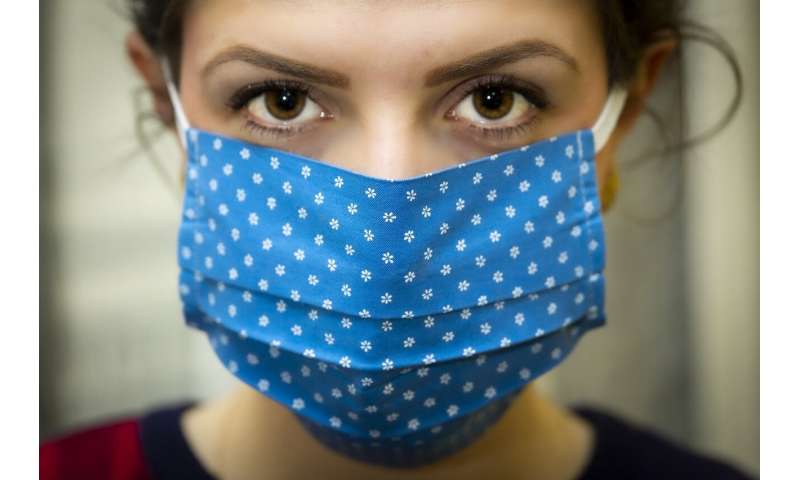Hydroxychloroquine ineffective as a preventive antiviral against COVID-19: study


Researchers at Case Western Reserve University have added to the growing body of understanding about how hydroxychloroquine (HCQ) is not a possible defense against COVID-19.
Specifically, they found that HCQ is not effective in preventing COVID-19 in patients with lupus and rheumatoid arthritis (RA), suggesting a broader interpretation of HCQ as ineffective preventive medicine for the general population. Their findings were recently published in the Annals of the Rheumatic Diseases.
Many researchers have focused on patients with systemic lupus erythematosus (SLE) and RA because HCQ is frequently taken by these patients. Anecdotal reports in the early stages of the pandemic showed these patients were not getting COVID-19. Earlier researchers then explored HCQ in the lab and found it effective against the virus, in addition to its already established anti-inflammatory properties, so testing in people for prevention or treatment at first held some promise. Since those early tests, various more recent studies have shown that HCQ is not effective in treating moderate-to-severe hospitalized cases. Treatment with HCQ early in the disease or for mild cases is still under review.
“Our study shows, with a large degree of confidence, that HCQ is ineffective as a preventive antiviral in people with SLE and/or RA taking drugs that suppress their immune system, putting them at greater risk,” said Mendel Singer, Ph.D., MPH, lead author and associate professor and vice chair for education in the Department of Population & Quantitative Health Sciences at the Case Western Reserve School of Medicine. “Given how the study was structured, one can make an educated extension that it is not effective in preventing COVID-19 in people without those conditions. It is not uncommon for something to show promise in the lab, and then prove ineffective in the more complex biological landscape of humans.”
The Case Western Reserve team drew on a large national database, pulling de-identified patient data from 36 health systems, to compile a much larger study than previous work, looking at patients with SLE and/or RA and their health outcomes related to their use of HCQ. Prior studies had fewer than 20 COVID-19 patients with SLE and/or RA; this study had 159. This study showed that patients with SLE and/or RA who contracted COVID-19 were just as likely to be taking HCQ as SLE and/or RA patients who did not get COVID-19.
Source: Read Full Article